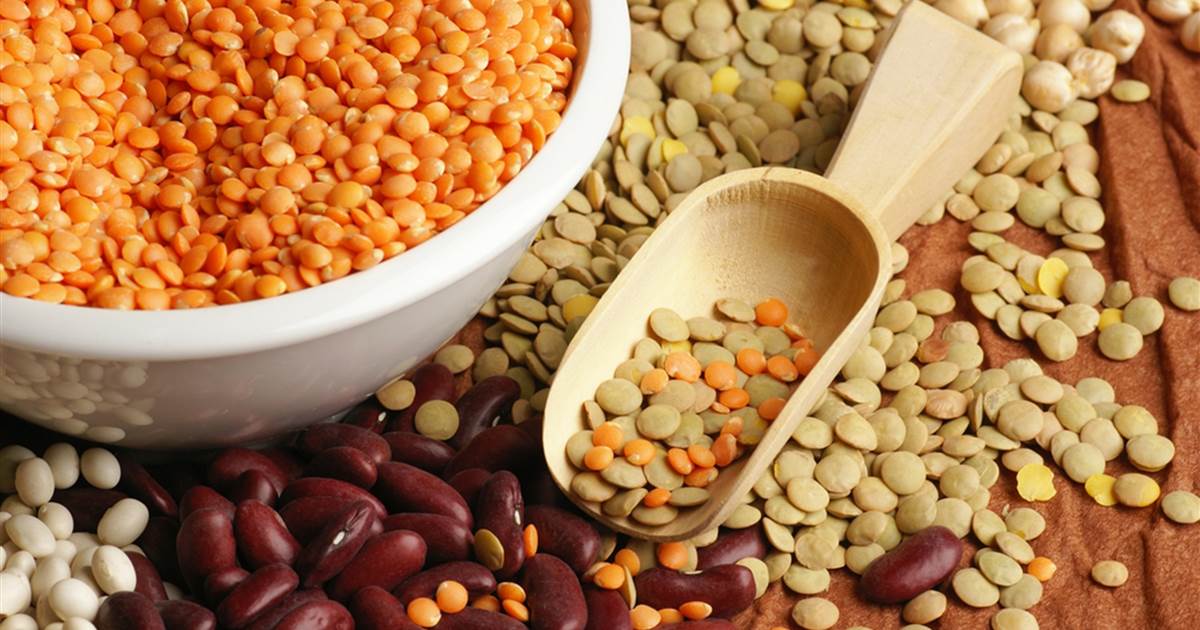Surprisingly Common Treatments And Activities That Damage Digestive Health
Lack Of Prebiotics

Prebiotics are a food source for the bacteria in the digestive tract, and they can improve the balance of healthy bacteria in the gut. Prebiotic foods tend to be high in fiber, and experts recommend oats, lentils, beans, bananas, chickpeas, and nuts as ideal prebiotics. Research suggests a high-fiber diet may protect against colon cancer and reduce the risk of hemorrhoids and diverticular disease. In addition, fiber makes stools easier to pass by softening them and increasing their weight, and this could reduce the likelihood of constipation. Patients are advised to gradually increase their fiber intake to prevent bloating and stomach cramps. Individuals with irritable bowel syndrome or other digestive issues should check with their physician before making dietary changes.
Lack Of Exercise

Studies suggest a lack of exercise could contribute to reductions in the diversity of gut bacteria. For example, a 2014 study of professional rugby players found these athletes had two times the number of bacterial families and much more diversity in their gut flora compared to non-athletes of the same gender, age, and body size. Notably, the rugby players had higher levels of Akkermansia, a type of bacteria that may reduce the risk of obesity.
Studies of female patients found those who exercise regularly have higher levels of Akkermansia and Bifidobacterium, and research indicates individuals with higher overall fitness levels have higher levels of the bacteria that produce a fatty acid called butyrate. Major health organizations recommend doing at least thirty minutes of physical activity for five days a week or more.
